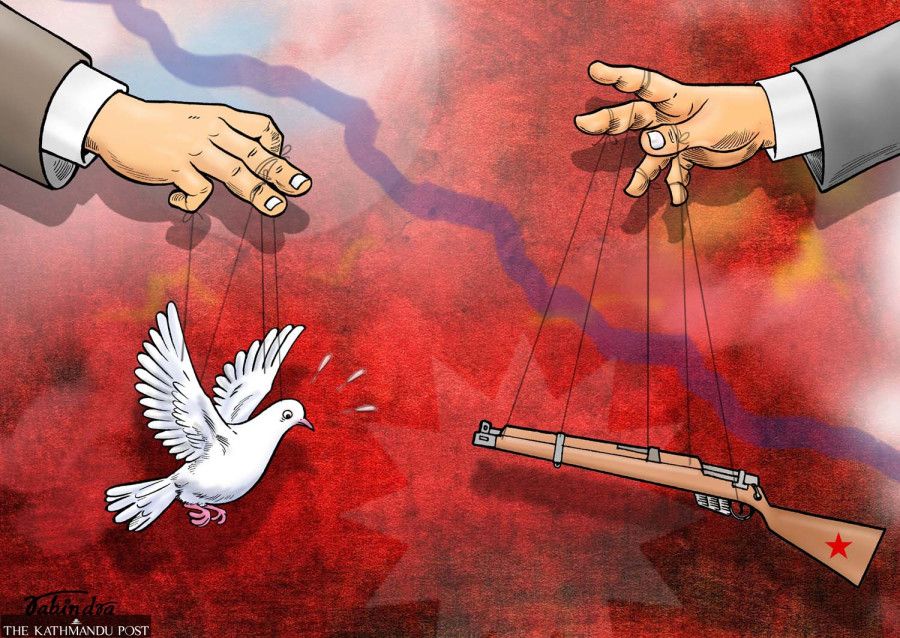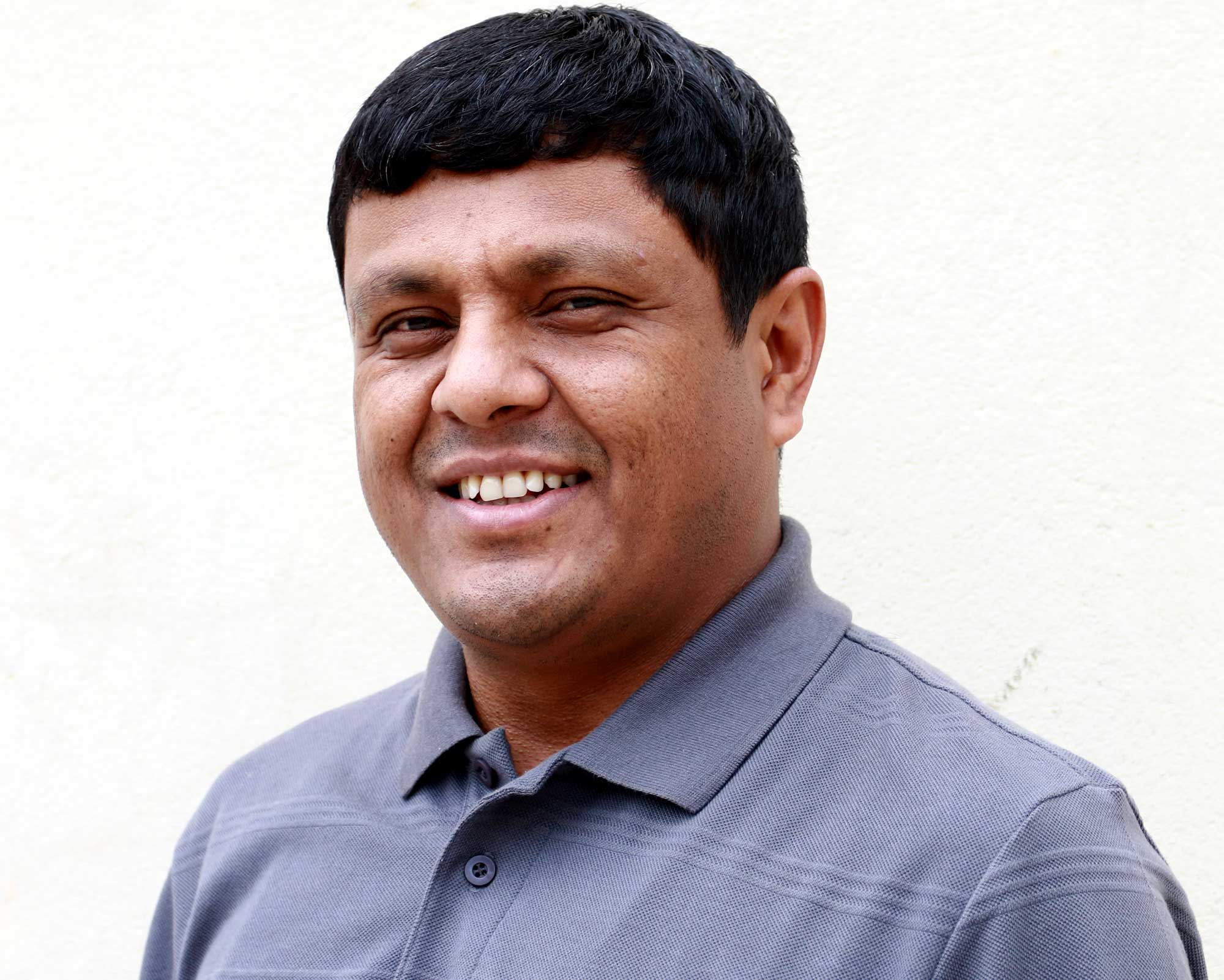Columns
Heed conflict victims
We appeal to international actors to support a truth-seeking process led by victims.
Ram Kumar Bhandari
We are victims and survivors of Nepal’s brutal civil war. For nearly two decades, we have defended our right to truth, justice, reparation, memory and dignity. We have advocated on behalf of thousands of victims and survivors of war and exposed government abuses of power. We have raised many questions about the responsibility of the state.
In response, the state has repeatedly ignored our voices and heavily politicised the transitional justice process. The first commissions (2015–2019) failed to deliver, even though victims chose to engage critically with them and register their complaints. Perpetrators obstructed any investigation.
Victims and human rights advocates refused to cooperate with the second set of commissions (2020–2022) because the appointments were political. The commissions were dissolved after two years, without ever commencing their operations.
After these two failures, the government and political parties moved to amend the TJ law in 2024, responding to the pressure from the victim movement and human rights groups. The act resulted in a compromise: There would be accountability, but sentences would be reduced by up to 75 percent for those convicted of grave violations, including enforced disappearances, torture and extrajudicial killings. But the issues as serious as sexual violence and rape were excluded.
Victims and human rights groups agreed to move ahead, realising the need for a fair and competent commission that could honestly implement the law, ensure their participation and ensure the legitimacy of the transitional justice process. However, the result has been a disgrace.
On October 20, 2024, the government formed a politically led search committee, again politicising the process. After two months, no consensus emerged, and the committee was dissolved.
After a few months, yet another committee was formed in response to pressure from victims, human rights groups and diplomatic missions. The result was again terrible. Political bosses took control of the process, and the prime minister’s office took hold of the committee. Even the National Human Rights Commission ignored the wishes of victims and failed to represent them. Victim groups were entirely sidelined and were never even consulted during the selection process.
Following this fiasco, victim groups reorganised and mobilised their constituencies at the grassroots level. Civil society as a whole campaigned against the politicised search committee and called for the process to be halted and reviewed in a transparent and trustworthy way. But the demand was completely ignored.
We have met with Prime Minister KP Sharma Oli and former Prime Ministers Sher Bahadur Deuba and Pushpa Kamal Dahal and demanded that they seriously review the entire process to ensure genuine participation and representation by victims. We have asked for a joint dialogue to find a solution. Yet even as we were publicly protesting, cynical and self-serving political appointments were made to the two transitional justice commissions.
In light of such behaviour, and having been consistently ignored by the political class, we have rejected these political appointments and publicly called for a boycott of the commissions. After two decades of political confrontation and procrastination, the transitional justice process is in a deep and hopeless crisis.
What next
Nepal’s conflict victims reject political appointments to the transitional justice commissions. The whole process is headed in the wrong direction, and we must find an alternative path. This must be a new civil commission, led by victims. This is the only way we will achieve a truly transformative justice. We have not reached this conclusion lightly.
Having been repeatedly insulted, we have no trust in a state-led mechanism. The state is totally unaware of our needs and has zero political interest in advancing our agenda. After widely consulting with our members, we are convinced that the current administration does not want to resolve this issue on behalf of victims and broader society. Instead, the administration seems determined to frustrate our will and sabotage transitional justice.
Call for action
The international community must safeguard and support victims’ demands for justice. We call on the United Nations, international human rights groups, the academic and diplomatic community, donors and governments to reject the current government approach. This approach is flawed, politically corrupt and politicised, and works against the interests of victims.
We appeal to international actors to support a truth-seeking process that is led by victims. We are still enthusiastic to join a dialogue with the government if the UN or other independent bodies can mediate. At the same time, the solution can only be local. We also believe that there can be no legitimate transitional justice without victims.
While this may seem to be a struggle between the government and victims, it is actually a fight between advocates for justice and perpetrators. Perpetrators see victims as powerless beneficiaries of state largesse. This is completely mistaken. Victims are the most powerful actors in this process; nothing will happen if we are excluded.
If the current administration and major political parties are committed to concluding Nepal’s peace process without a confrontation with victims, they must engage with us in a constructive dialogue. At this critical time, we call on all human rights defenders to stand up for a legitimate transitional justice process.




 14.24°C Kathmandu
14.24°C Kathmandu















